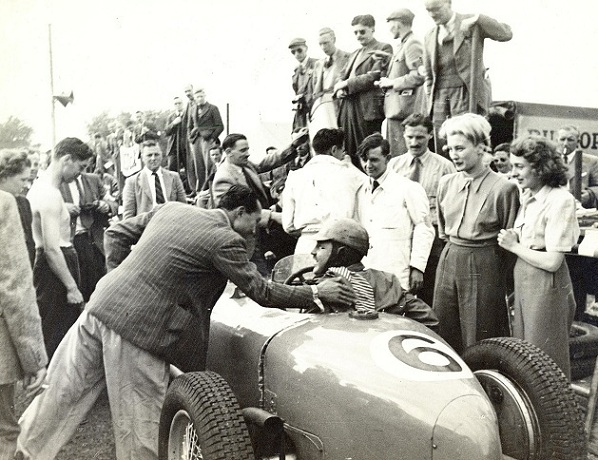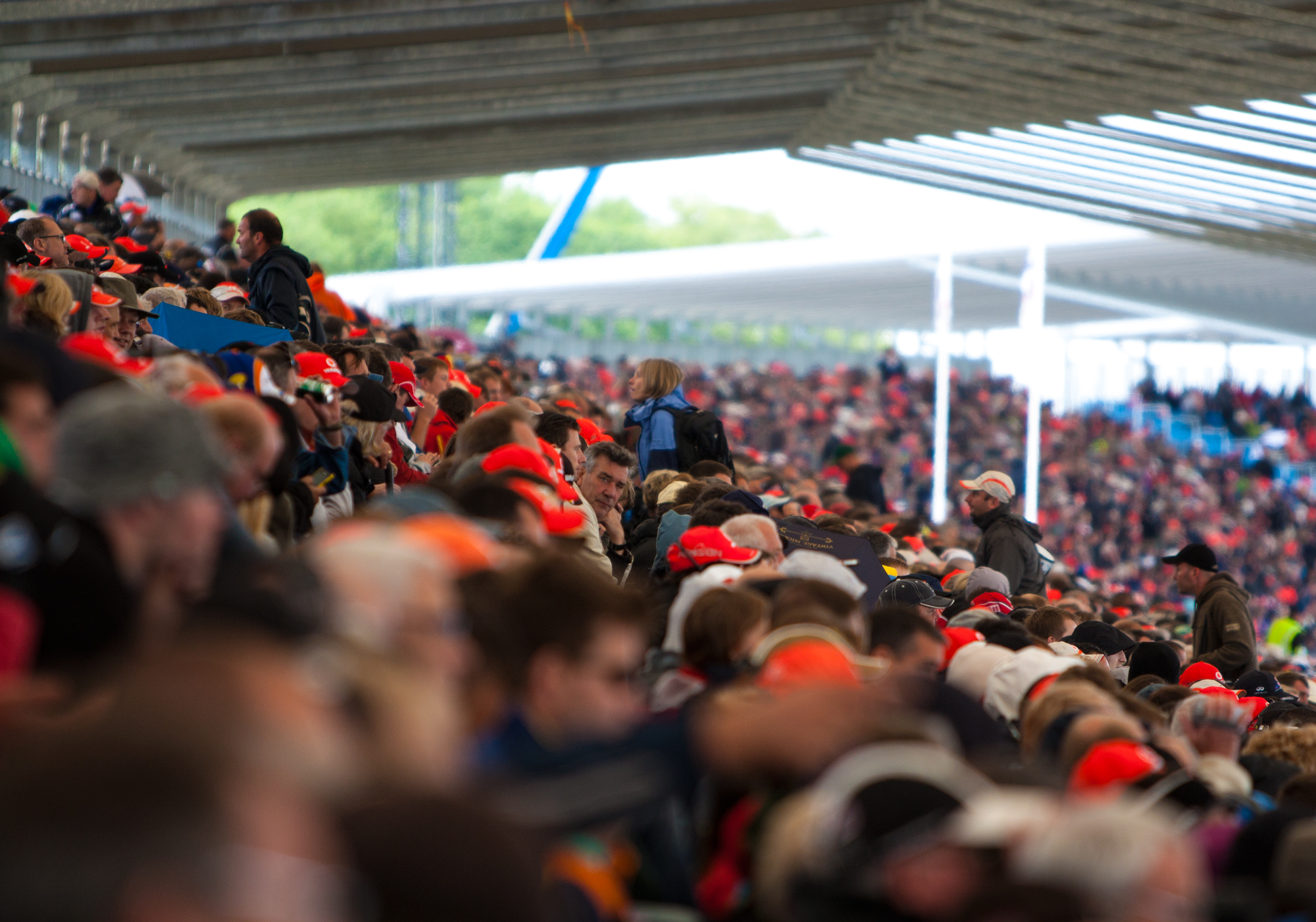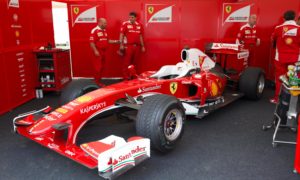Testing and refuelling get the chop as Formula One’s regulating body unveils drastic measures to slash costs and secure the sport’s future amid the global financial downturn.
Formula One’s supreme governing body, the FIA World Motor Sport Council, met in Monaco on Friday and announced a raft of radical measures to reduce the costs of competing in the sport, including a total ban on in-season testing, major engine and aerodynmanic restrictions, and a ban on mid-race refuelling in 2010.
The measures, which are estimated to slash the teams’ running costs by 30% next year, were approved by the Council after being agreed upon by the Formula One Teams Association (FOTA) and FIA president Max Mosley.
A reduction in testing, and restrictions on engine and aerodynamic development were known to be on the agenda given the huge sums of money that teams spend on these areas.
In 2005 the teams are estimated to have spent a combined total of just over $900 million on engine development and $500 million on testing, while notching up costs of just over $100 million developing their cars in the wind-tunnel.
The full scale of the cost-cutting measures have now been revealed.
As of 2009 all in-season testing has been banned apart from weekend practice, and the teams will no longer be able to use wind tunnels that exceed 60 per cent scale.
Drivers will be restricted to no more than eight engines over the course of the season, plus four for testing, leaving each team with twenty units over the year.
A rev reduction to 18,000rpm will help extend engine life, while internal re-tuning will be banned except to the engine’s trumpets and injectors.
True to the word of FIA president Max Mosley, in 2010 the changes become even more radical.
An offer for teams to take up using a standard engine for 5 million Euros per season stands open, and will be more attractive to the smaller independent teams. A standard transmission is also expected to be used and the teams and the FIA will explore other parts that can be made standard.
On race weekends there will be standardised radio and telemetry systems, a ban on tyre warmers, a ban on the mechanical purging or tyres and a ban on refuelling. This will run parallel to further restrictions on aerodynamic research and possible limits on factory facilities.
The FIA is also to conduct a market research programme to work out whether there should be changes to qualifying, the use of a medal system instead of points or a reduction in race distances.
A standard KERS unit being used in 2010 has also been muted but depends on input from the teams.
Options to cut costs beyond 2010 include the use of an “an entirely new power train for 2013 based on energy efficiency (obtaining more work from less energy consumed). Rules to be framed so as to ensure that research and development of such a power train would make a real contribution to energy-efficient road transport.”








